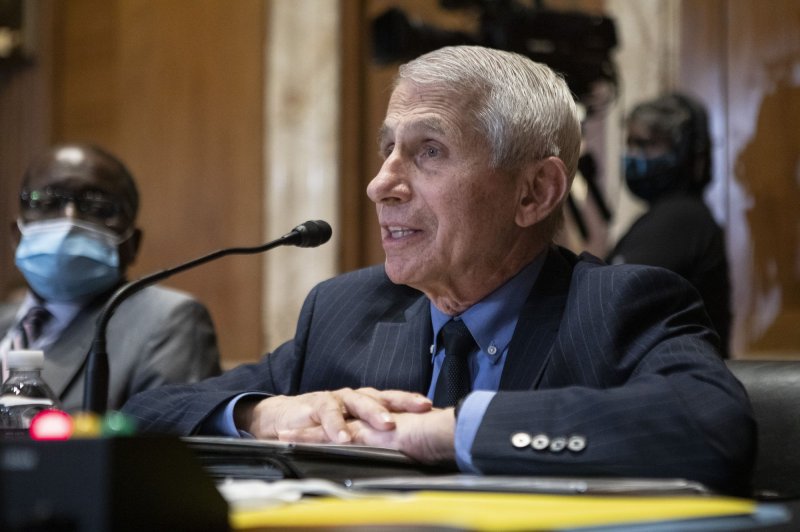
Rep. Jackie Speier, D-Cailf., speaks during a House committee hearing in Washington, D.C., on June 8. Speier heard testimony Friday at a House Armed Service subcommittee hearing from women officers describing the difficulty in accessing abortion care in the military.
July 29 (UPI) -- Female military veterans testified Thursday before the House Armed Forces subcommittee about their concerns and experiences with getting abortions, providing abortions and accessing reproductive healthcare in the U.S. military.
Subcommittee Chair Jackie Speier, D-Calif., has introduced the MARCH for Servicemembers Act to enable the Department of Defense to provide abortion care.
"Let me be clear: it is inhumane to force women to remain pregnant against their will," Rep. Speier said in prepared opening remarks. "It is arrogant to think that we know better than a woman or her doctor about what's best for her body. It is wrong to create government-mandated pregnancies. Access to abortion care is essential to a woman's health and central to their economic and social well-being."
Air Force Major Sharon Arana testified at the subcommittee hearing, sharing her story about seeking an abortion while in the military.
She said she was stationed in Alabama, which had strong abortion restrictions, when she realized her birth control pill had failed. She told the subcommittee she had to leave the state to access an abortion, but found that Georgia had a three-day "cooling off period" before she could access the needed care.
She said she was able to get to her home state of New York and got the abortion.
"I was fortunate enough to come from a state that honors a woman's right to make her own decisions, and I wasn't forced to carry through with a pregnancy against my will," Arana told the subcommittee.
She described the difficulty accessing reproductive healthcare in the military.
"I didn't want to go to the base clinic to get tested because it would prompt a profile and my chain of command would instantly be notified of my pregnancy. I also knew the clinic couldn't help me find access to an abortion," Arana said.
Theresa Mozzillo, also an Air Force major, testified that at 21, fresh out of military technical training and stationed in Missouri, she sought an abortion and had to travel to the Missouri and Kansas border to get the medical care.
"Without question, if I had not been able to have an abortion as a junior enlisted service member, I would not have been able to have my career and would not be before you today," she told the subcommittee. "Today I am speaking in support of the women in the military who will now have a much harder time to access an abortion than I did."
Dr. Ghazaleh Moayedi, an abortion provider, routinely cared for servicemembers and their families near Fort Hood, Texas.
"Servicemembers and their spouses regularly sought abortion care at our clinic, and I witnessed the countless obstacles they endured to obtain that care," Moayedi said in her prepared testimony. "These barriers included struggling to obtain leave for their procedure or time to take the pills, challenges traveling from the base to Austin for care, costs, stigma, and even barriers to getting a referral for care. Because of the chilling effects of unjust policies like the Hyde Amendment that have been applied to military health insurance, there is a longstanding history of not giving out information about abortion."
She said military members have "agreed to put everything on the line and our country does them a disservice by denying access to and coverage for essential abortion care."













